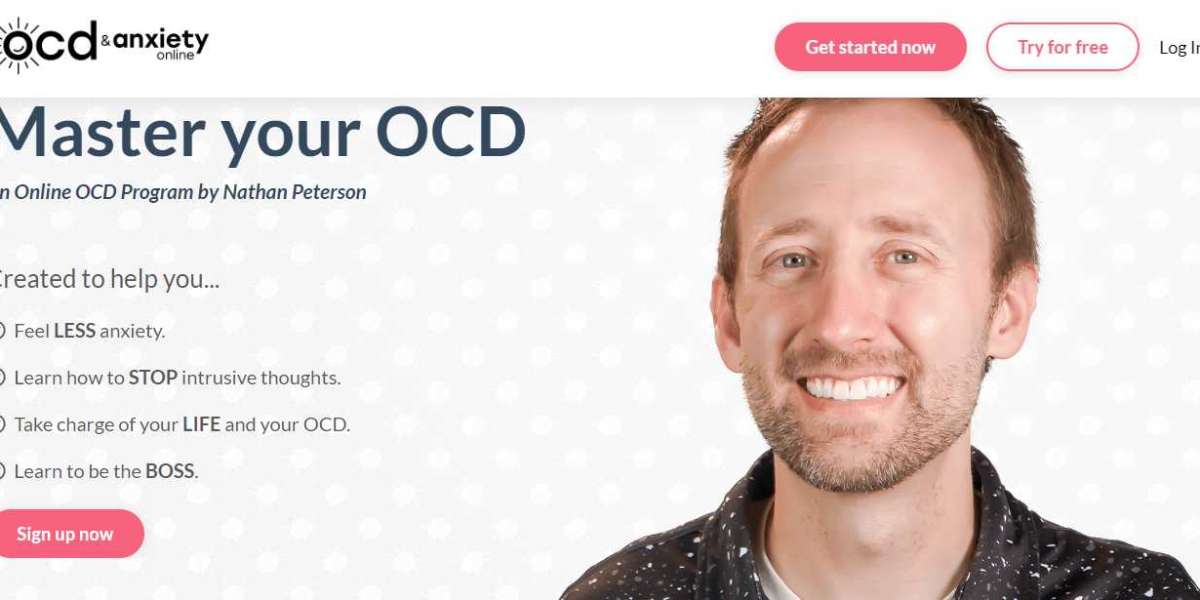Have you ever found yourself lost in a spiral of negative and intrusive thoughts that seem to take over your mind? These kinds of thoughts can be distressing and affect your daily life. Intrusive thoughts are unwanted and repetitive thoughts that can cause anxiety, stress, and depression. But the good news is that you can learn to manage and get rid of them.
Here are some tips to help you stop intrusive and obsessive thoughts:
Recognize and acknowledge your intrusive thoughts: The first step to stop intrusive thoughts is to acknowledge them. Trying to ignore or suppress them will only make them worse. Instead, acknowledge them as a normal part of the human experience. It is important to remember that having intrusive thoughts does not mean you are a bad person or that you will act on those thoughts.
How to stop obsessive thoughts
Challenge your thoughts: Once you have acknowledged your intrusive thoughts, try to challenge them. Ask yourself questions like, "Is this thought logical?" or "What is the evidence for this thought?" Often, intrusive thoughts are based on assumptions and not on facts. By questioning your thoughts, you can break the cycle of negative thinking.
Practice mindfulness: Mindfulness is a powerful tool to help you stop intrusive thoughts. Mindfulness involves being aware of your thoughts, feelings, and bodily sensations in the present moment without judgment. By practicing mindfulness regularly, you can learn to observe your thoughts without getting caught up in them. This can help you break free from negative and intrusive thought patterns.
How to get rid of intrusive thoughts
Distract yourself: When you find yourself caught up in intrusive thoughts, try to distract yourself. Engage in an activity that you enjoy, such as reading a book, watching a movie, or going for a walk. By focusing on something else, you can shift your attention away from your intrusive thoughts.
Seek professional help: If your intrusive thoughts are causing significant distress and interfering with your daily life, it may be time to seek professional help. A mental health professional can help you develop a personalized treatment plan to manage your intrusive thoughts. They can also teach you coping strategies to deal with stress and anxiety.
How to stop intrusive thoughts
Practice self-care: Practicing self-care is essential for overall mental health and well-being. Make sure you are taking care of yourself by getting enough sleep, eating a healthy diet, and engaging in regular physical activity. Taking care of your physical health can help you manage stress and anxiety and reduce the frequency and intensity of intrusive thoughts.
In conclusion, intrusive and obsessive thoughts can be distressing and affect your daily life. But, with the right tools and strategies, you can learn to manage and get rid of them. Remember to acknowledge your thoughts, challenge them, practice mindfulness, distract yourself, seek professional help if needed, and practice self-care. With time and practice, you can break free from negative thought patterns and live a happier and healthier life. https://www.ocd-anxiety.com/



